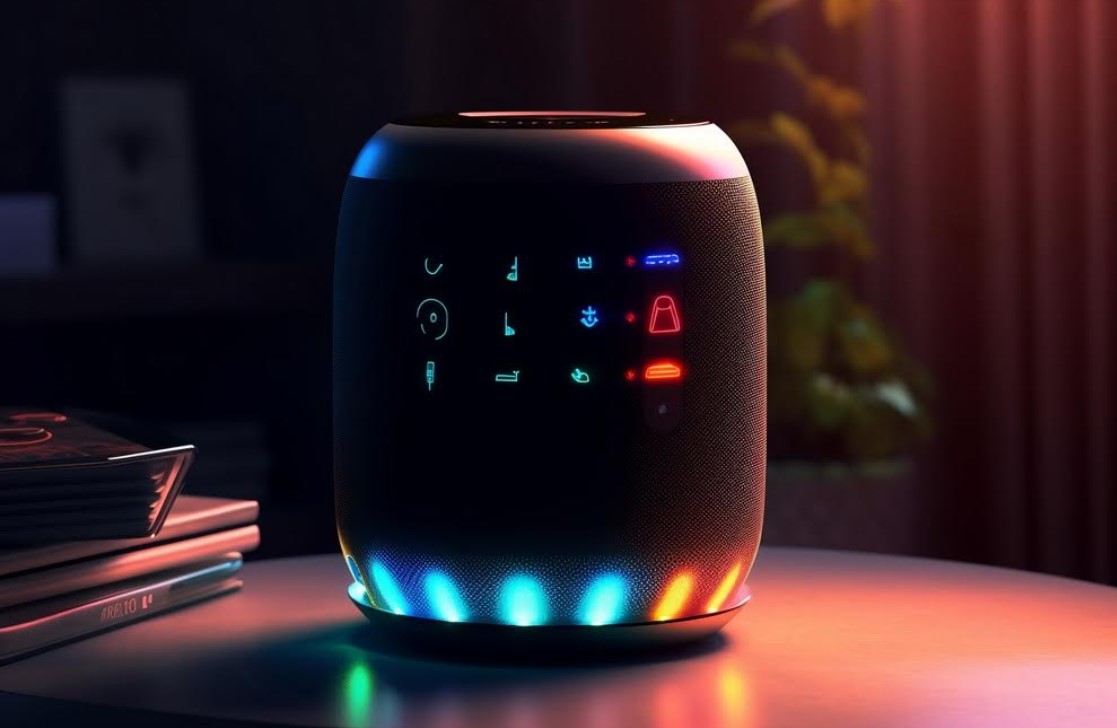
As someone who follows and writes about the smart home industry, I was intrigued when I first heard about the Matter communications protocol. It was supposed to solve all the compatibility issues between smart home brands. It was launched as the next big thing in smart technology nearly a year ago. So what happened?
As Tech Radar’s Jeremy Kaplan explained in a recent post, all of the big tech unveilings this year have gone off with barely a mention of Matter. Even the big names behind Matter – Google, Apple, Amazon, and Samsung – introduced new products over the last 10 months without giving it any attention. By all accounts, it seems like Matter doesn’t matter.
So once again, what happened? Why has Matter seemingly disappeared from the scene? It hasn’t yet, but it looks ever more likely that a Matter-unified smart home ecosystem will never materialize as planned.
Why Matter Was Developed
Matter is a project spearheaded by the tech industry’s biggest names. But there are hundreds of smaller companies involved in developing the protocol. They have all put time, money, and effort into Matter with the goal of eventually eliminating compatibility problems. The idea was to ensure that any smart device could work on any smart home system.
Granted, it was a utopian sounding idea from the beginning. Corporate brands like Google and Amazon do not like to share. They prefer to maintain their own proprietary standards so that they don’t have to mix with the other guy. Matter was supposed to solve that problem, except that it did not.
Matter was doomed from the start due to an agreement among its biggest players that brands would be able to continue promoting their own proprietary devices and technologies even while including Matter compatibility. That only strengthened the resolve to put more time and effort into developing their own stuff.
The Writing on the Wall
Meanwhile, device manufacturers could see the writing on the wall. They could see that big tech was going to continue on its proprietary path even with Matter waiting in the wings. So they continued choosing sides in the smart home war. Some made devices exclusively for Google, others jumped into the Amazon camp. Still others focused on Apple and Samsung.
Despite all the fanfare around Matter’s launched last year, very few Matter-enabled devices came to market in 2023. Not even the big boys forged ahead with plans to introduce new Matter devices en masse.
Pick Your Brand and Go with It
At this stage of the game, it doesn’t look as though Matter will ever be fully utilized. To the extent that it is, it will remain hidden in the background. Consumers are no better off today than they were before Matter was first introduced.
If you are looking to get started with home automation, don’t hold your breath waiting for Matter to materialize. Pick a brand and go with it. If you are not a big fan of the big four, there are other reputable brands to look into. Vivint Smart Home is just one of them. Vivint has a long history as a home security and automation company. And unlike Google and Amazon, home security and automation are all they do.
As for Matter, it was a very good idea that doesn’t look like it will ever get its due. Like just about everything else in the tech industry, the corporate giants have no interest in actually playing nicely together. They would rather compete at the proprietary level. That is their business. You and I can choose whether to go along with it.
